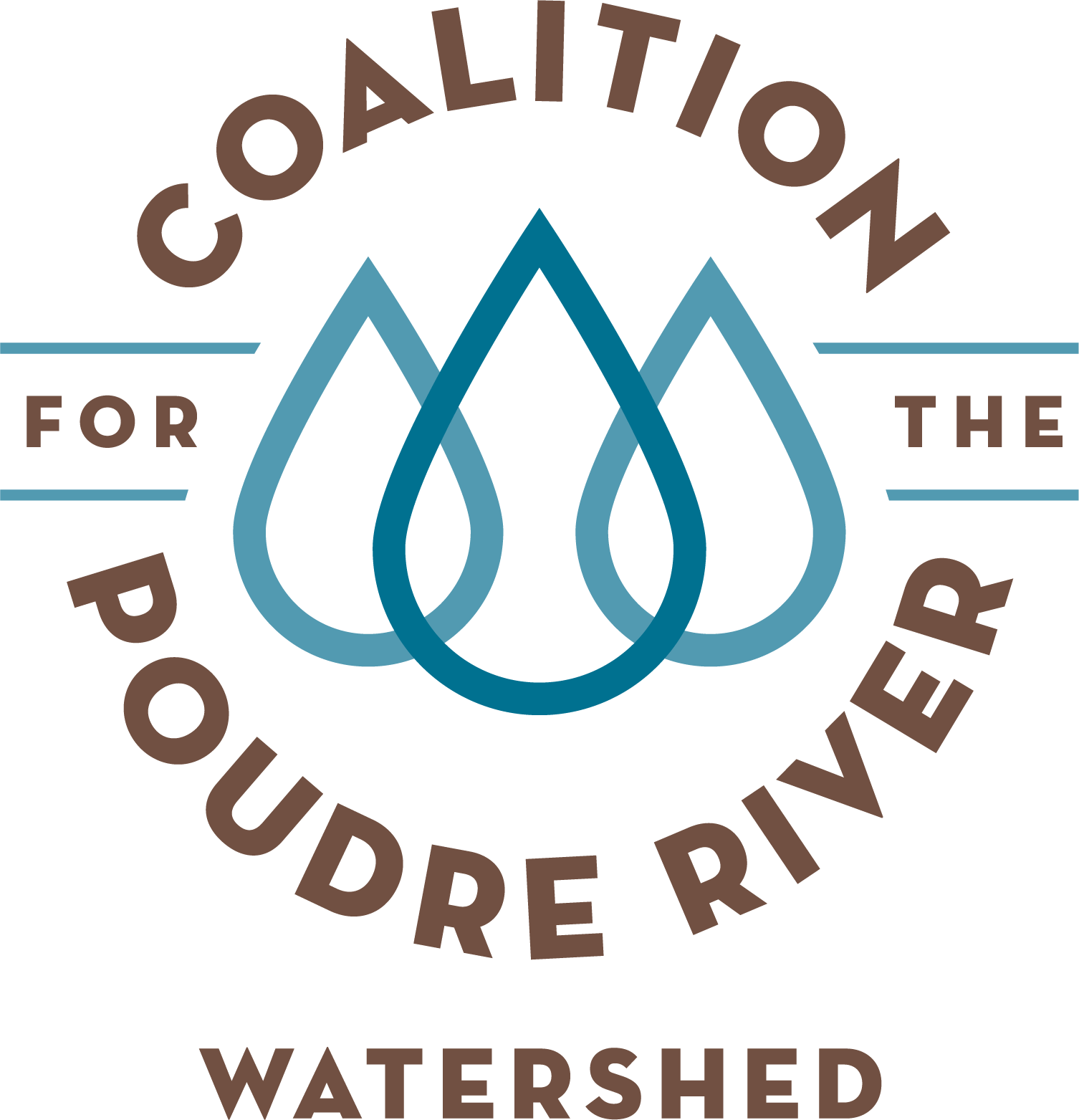Sheep Creek/Black Hollow
Cameron Peak Post-Fire Restoration



Project Overview
CPRW and partners selected Sheep Creek/Black Hollow based on hazard assessment results, as well as due to spatial analysis showing opportunity to maximize benefit to watershed values considering other projects underway in the area. The Black Hollow drainage is another CFRI top ten high reward watershed for hillslope erosion treatment. This is also the location of the flood and debris flow event that resulted in the tragic loss of life in summer 2021. The Sheep Creek/Black Hollow drainage is adjacent to this priority area and also has a high probability of post-fire debris flow. The area is one of the top-ranking watersheds for hillslope erosion based on the CFRI assessment, has a high risk of probable increased post-fire runoff, and an overall ranking of hazard assessment of “Highest” in the overall guiding 2021 JW Associates assessment. This area also contained a unique opportunity to leverage existing work and treatments in the area, which included Emergency Watershed Protection projects to protect life and property, and aerial mulching work to help stabilize hillslopes. The Phase 1 CPRW project focused on rock stabilization of an extremely large headcut forming upstream of a Emergency Watershed Protection project. The project site is located on private property.
Fish Creek site plan (Courtesy of Ayers Associates)
Post-Fire Treatment(s)
Log Jams
Willow Wattles - Use on site native material to encourage deposition and debris accumulations
Willow Staking
Rock Rundown - Native rock was harvested on-site or imported as needed and placed, typically by hand, to stabilize headcuts and impede channel incision. This will improve water quality by stabilizing actively eroding channels and limiting upstream incision.
Before: Headcut at Sheep Creek, prior to rock rundown installation, 2021
After: Headcut at Sheep Creek, April 2023
Project Goals
Reduce hillslope erosion
Decrease water quality degradation due to excess sediment entering the stream system
Use low-tech process-based restoration techniques to meet the project objectives
Project Collaborators
Ayres Associates
Funder(s)
Colorado Department of Public Health and Environment (CDPHE)
Project Timeline
Completed 2021; Monitoring in progress



